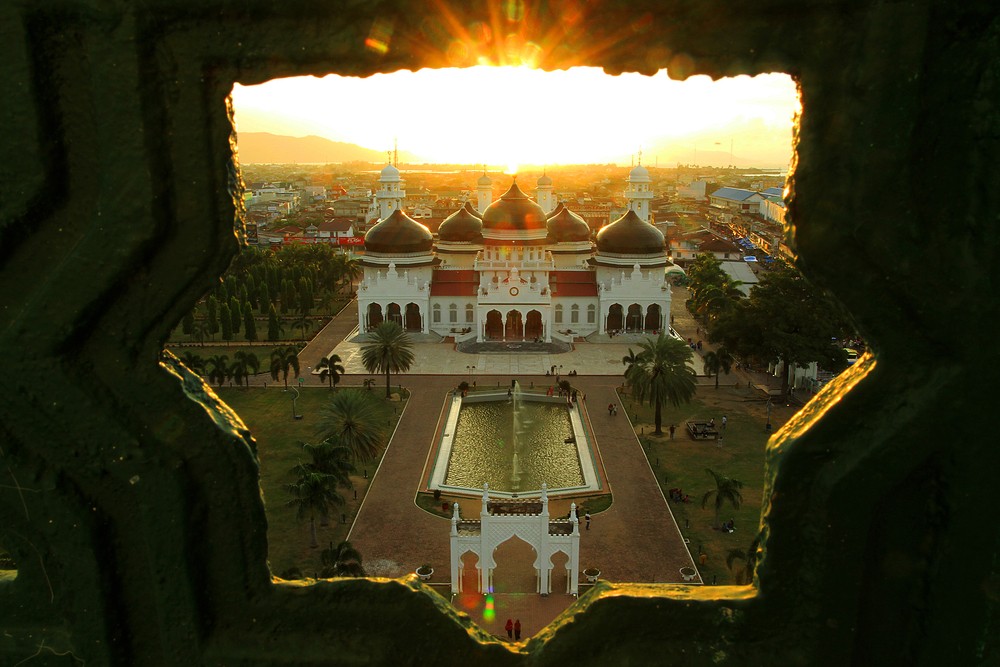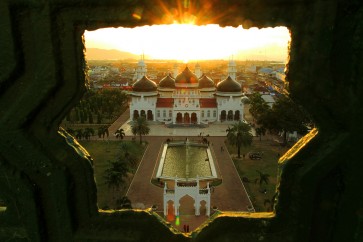Popular Reads
Top Results
Can't find what you're looking for?
View all search resultsPopular Reads
Top Results
Can't find what you're looking for?
View all search resultsAceh's long way to truth and reconciliation
Research such as that by Eric Wiebelhaus-Brahm’s 2010 study on truth commissions in 78 countries found that truth commissions have positive effects on democracy.
Change text size
Gift Premium Articles
to Anyone
T
he Aceh Truth and Reconciliation Commission (KKR Aceh) marked its first anniversary on Oct. 24. The commission was established under a 2013 bylaw as mandated in a 2004 memorandum of understanding, a peace agreement signed in Helsinki, Finland, between the Indonesian government and the Free Aceh Movement (GAM) that ended three decades of conflict in Aceh.
For some years, civil society groups and local leaders collaborated to ensure the commission’s establishment in a bid to ensure sustainable peace and democracy in Aceh. The KKR Aceh’s mandate is to seek the truth about gross violations and injustice and to initiate efforts for reconciliation between parties involved in and affected by the conflict. The KKR Aceh is a permanent institution, slightly different from most truth and reconciliation commissions around the globe.
In the initial phase, the independently selected commissioners decided to probe events from 1976 to 2004, the decades of conflict between the Indonesian government and GAM.
Discussing the KKR Aceh is crucial today in the absence of a similar mechanism at the national level. It offers new perspectives in settling past injustices and to understand Indonesia’s dark history concerning the conflict in Aceh. A truth commission is a non-judicial mechanism mostly opted by countries undergoing political transition from a repressive regime or conflict to democracy and peace.
For these countries, the commission, whether for reconciliation or historical clarification or even prosecution, is a way to deal with their dark past and to restore people’s trust in the state, as well as to build strong nationalism. The processes and outputs involved can create lessons for the state and society.
Research such as that by Eric Wiebelhaus-Brahm’s 2010 study on truth commissions in 78 countries found that truth commissions have positive effects on democracy.
Indonesia once had a 2004 law on a truth and reconciliation commission. But activists requested a judicial review as some clauses favored perpetrators more than victims, and in 2006 the Constitutional Court annulled the law. Years later, the government proposed a new law, but the House of Representatives has not endorsed it. Since then, all measures to settle cases of past human rights abuses have stagnated.


















